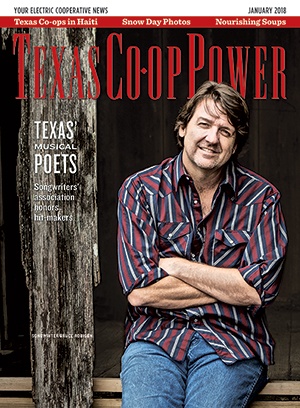In colder weather, a rise in electrical appliance use increases the occurrence of electrical fires, electrocutions, carbon monoxide poisoning and other winter weather-related injuries. Keep in mind the following tips to stay safe.
Heating the House
Space heaters are a common way to keep warm, but they require caution and close attention for safe use. Read manufacturer’s instructions and warning labels carefully. Inspect the cord for cracked plugs or loose connections. Don’t let pets or children play close to the unit, and turn it off when you’re leaving the room or going to sleep.
Keep heaters on level, flat surfaces at least 3 feet away from anything flammable, including papers, clothing, bedding and rugs. Place heaters out of high-traffic areas and doorways where they could trip passersby. Plug a heater directly into a wall outlet with no other electrical devices, and always unplug and safely store it after use.
In the Bedroom
Electric blankets and heating pads often are used for supplemental heat. Look for charred or frayed spots on their surfaces, or cracks or frays in the electric cords. Never fold or tuck in an electric blanket and do not allow anything to rest on top of it—including other blankets or pets—when in use.
In the Kitchen
Cooking fires and electric shock also are common during winter months. Never cook if you’re sleepy or have been drinking alcohol. Use a timer to remind you to check on food on the stove or in the oven. Double-check that oven burners and appliances are off once you are done cooking. Use outlets protected by ground-fault circuit interrupters for countertop appliances, especially near water.
In Case of Outage
Portable generators are used often after winter storm-related power outages. Be sure to locate your generator outside, away from windows and doors. Install carbon monoxide alarms on every level of your home and outside each sleeping area; test the alarms monthly; and replace batteries at least annually.


